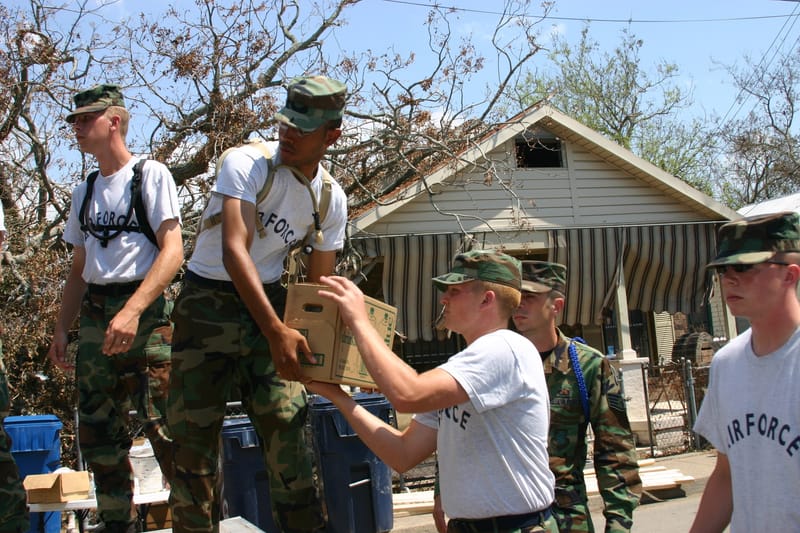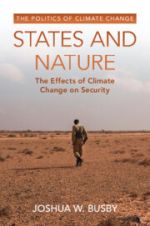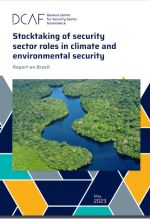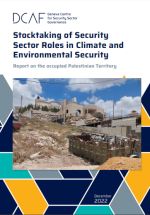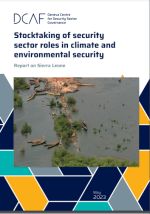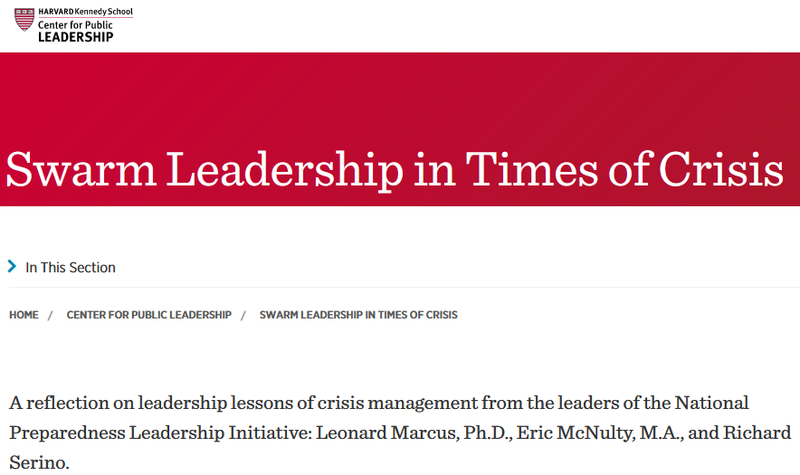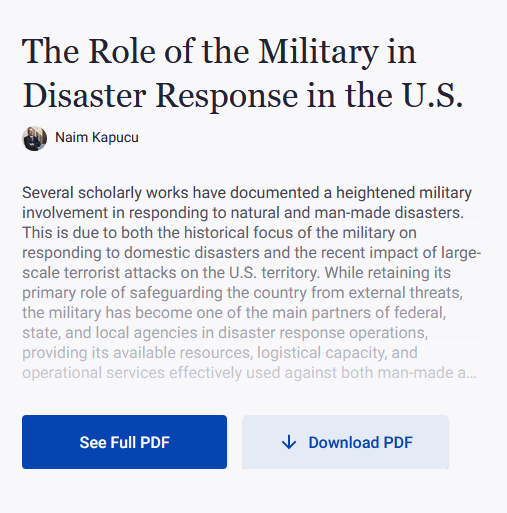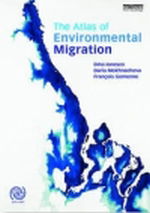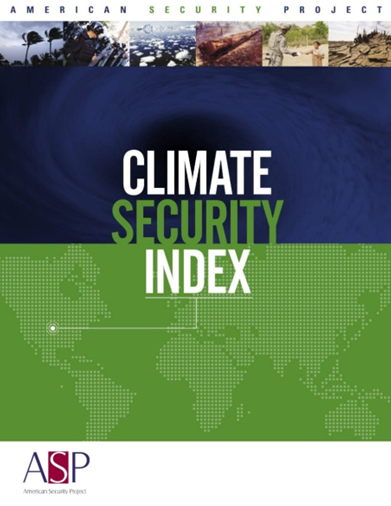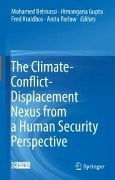PUBLICATIONS
Responding to Disasters
April 2021 - The chapter proposes “a thorough reconceptualization of disaster response efforts and their incorporation into the mainstream of NATO activities, as the relevant needs are expected to mount in the coming years.” and contains nine specific recommendations.
Soldiers on the Home Front: The Domestic Role of the American Military
2016 - When crisis requires American troops to deploy on American soil, the country depends on a rich and evolving body of law to establish clear lines of authority, safeguard civil liberties, and protect its democratic institutions and traditions. Since the attacks of 9/11, the governing law has changed rapidly even as domestic threats—from terror attacks, extreme weather, and pandemics—mount. Soldiers on the Home Front is the first book to systematically analyze the domestic role of the military as it is shaped by law, surveying America’s history of judicial decisions, constitutional provisions, statutes, regulations, military orders, and martial law to ask what we must learn and do before the next crisis
States and Nature: The Effects of Climate Change on Security
March 2022 - Under what circumstances might climate change lead to negative security outcomes? Over the past fifteen years, a rapidly growing applied field and research community on climate security has emerged. While much progress has been made, we still don't have a clear understanding of why climate change might lead to violent conflict or humanitarian emergencies in some places and not others. Busby develops a novel argument – based on the combination of state capacity, political exclusion, and international assistance – to explain why climate leads to especially bad security outcomes in some places but not others.
Stocktaking of Security Sector Roles in Climate and Environmental Security - Brazil
26 May 2023 - This third report from DCAF's stocktaking study on climate security and Security Sector Governance and Reform (SSG/R) explores security sector roles in climate and environmental security in Brazil. It focuses on the potential for SSG/R programming to improve service delivery of security institutions with regard to mitigating the impact of climate and environmental risks on communities and the planet. Moreover, the report presents opportunities for strengthening social cohesion and contributing to sustainable peace via SSG/R.
Stocktaking Of Security Sector Roles In Climate And Environmental Security - Occupied Palestinian Territory
December 2022 - This first report from the stocktaking study on climate security and Security Sector Governance and Reform (SSG/R) explores security sector roles in climate and environmental security in the Occupied Palestinian Territory, especially the potential for SSG/R programming to improve service delivery of security institutions with regards to mitigating the impact of climate and environmental risks on communities and the planet, as well as opportunities for strengthening social cohesion and contributing to sustainable peace.
Stocktaking of Security Sector Roles in Climate and Environmental Security - Sierra Leone
3 May 2023 - This second report from DCAF's stocktaking study on climate security and Security Sector Governance and Reform (SSG/R) explores security sector roles in climate and environmental security in Sierra Leone. It focuses on the potential for SSG/R programming to improve service delivery of security institutions with regard to mitigating the impact of climate and environmental risks on communities and the planet. Moreover, the report presents opportunities for strengthening social cohesion and contributing to sustainable peace via SSG/R.
Swarm Leadership in Times of Crisis
October 2017 - A reflection on leadership lessons of crisis management from the leaders of the National Preparedness Leadership Initiative
The Role of the Military in Disaster Response in the U.S.
2011 - While retaining its primary role of safeguarding the country from external threats, the military has become one of the main partners of federal, state, and local agencies in disaster response operations, providing its available resources, logistical capacity, and operational services effectively used against both man-made and natural disasters. This article discusses the role of the military in responding to natural and man-made disasters and explores the historical involvement of military in disaster management.
The Atlas of Environmental Migration
19 October 2016 - Through elaborate maps, diagrams, illustrations, case studies from all over the world based on the most updated international research findings, the Atlas guides the reader from the roots of environmental migration through to governance.
The Canadian Armed Forces and Humanitarian Assistance and Disaster Relief: Defining a Role
24 August 2020 - This essay examines the operational content of HADR taskings since 1997 and makes a number of recommendations that include making policy changes to mitigate disaster risk, clarifying CAF roles, and determining how best to use federal funds to source disaster requirements for large contingents of semi-skilled and unskilled labour.
The Global Security Defense Index on Climate Change
September 2014 - The aim of the Global Security Defense Index on Climate Change is to determine to what extent governments around the world consider climate change to be a national security issue,and how their militaries and national security communities have begun to plan for the effects of climate change.
The Climate-Conflict-Displacement Nexus from a Human Security Perspective
2 April 2022 - This book helps understand the emerging nexus between climate change, conflict, and displacement from a human security perspective. Analyses through empirical studies the current shifting dynamics induced by environmental and climatic changes. Includes a special section on the Arctic, including climatic changes and indigenous food security.
